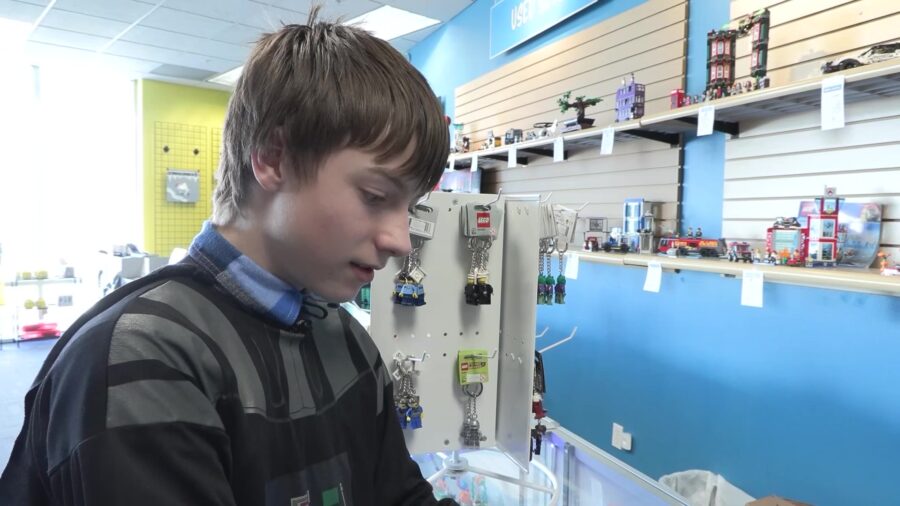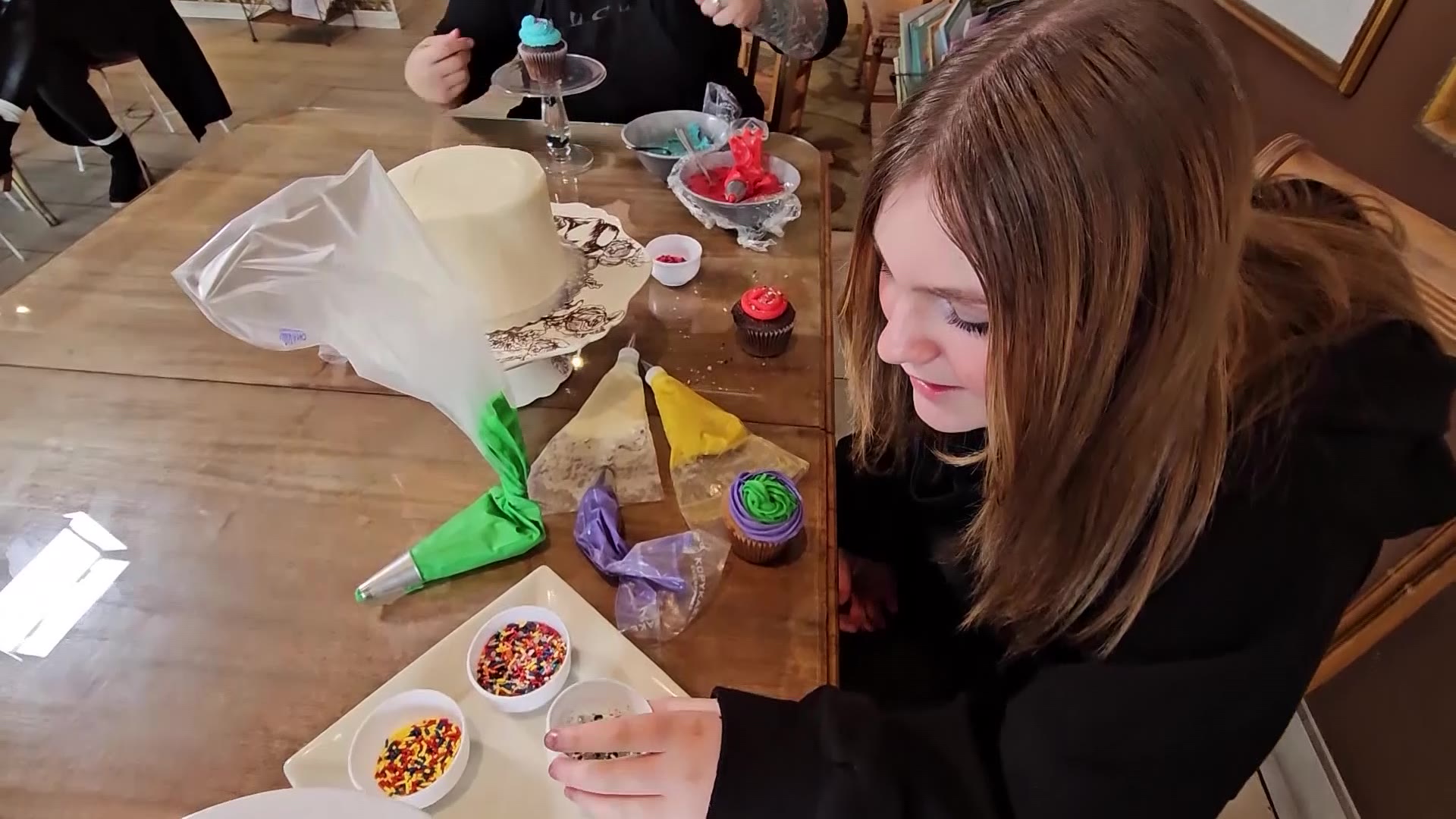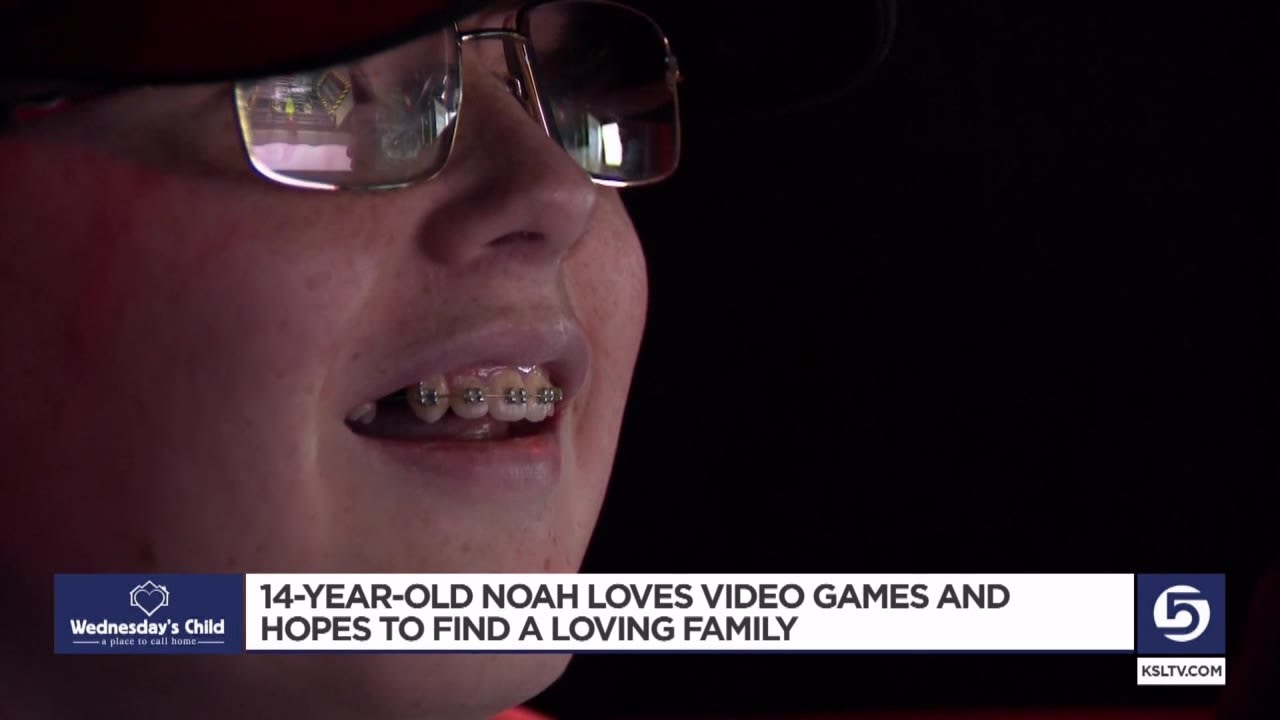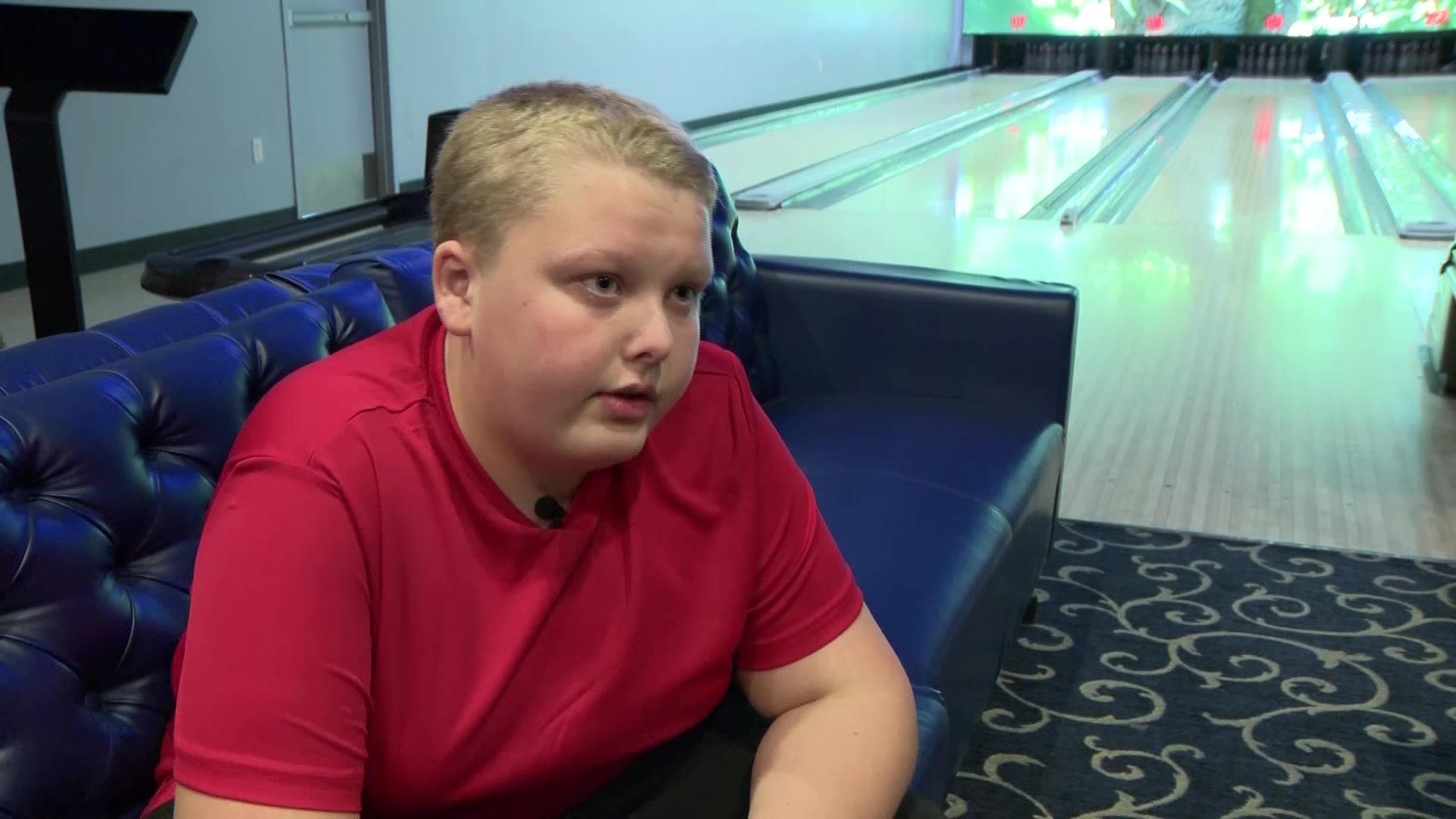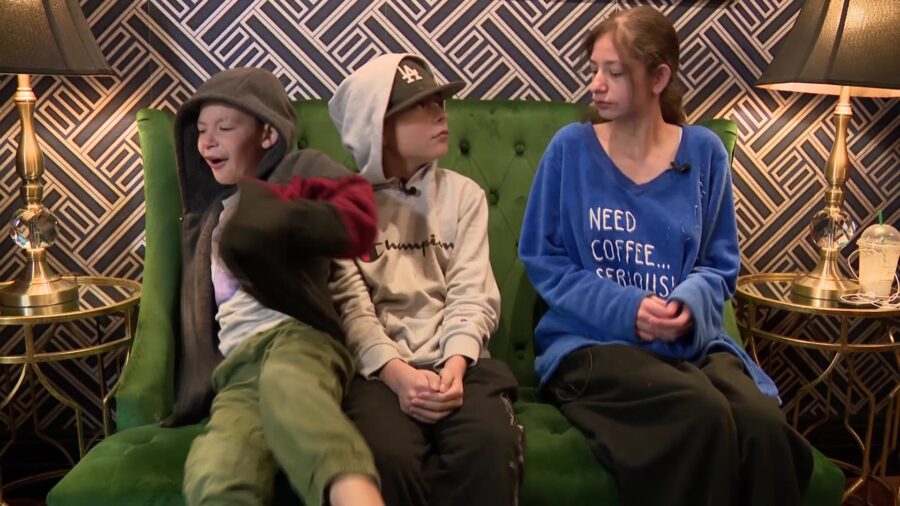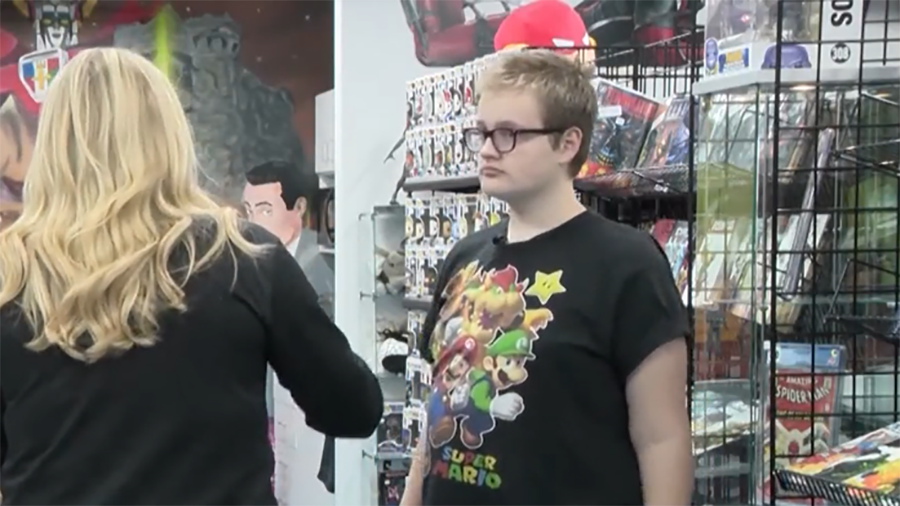Wednesday’s Child: Utah Woman Shares Struggle of Aging Out of Foster Care In Hopes of Inspiring Families to Help
Mar 17, 2021, 1:42 PM | Updated: Mar 18, 2021, 9:56 am
SALT LAKE CITY, Utah – This past year in Utah 123 kids “aged out” of living in foster care and many struggled as they adjusted to being out on their own with no family support.
“That really means that a child is going out into the world and they don’t really have any type of connection,” said Lindsay Keading, Director of Donor Relations and Communication for Raise the Future, “they don’t have a permanent placement that has been made for them and they’re out on their own.”
The state offers help to these young adults, arranging a place to live and a job, but often the connection to those resources, for whatever reason becomes lost.
“High majority of those are going to experience homelessness, early pregnancy, they’re going to find themselves without jobs, no higher education in most cases, they face a lot of trials,” Keading said.
Jacoyia Roseberry entered foster care when she was 11.
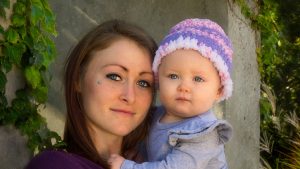
Jacoyia Roseberry said having a baby helped her understand what it means to have a family. (Used by permission, Jacoyia Roseberry)
“I had so much trauma from before I went into foster care,” Roseberry said. “I got to a point where I became pretty rebellious and I went to detention and things like that.”
After years of bouncing around in various foster homes, Roseberry said she terminated from foster care a few months after turning 18.
“There was this thought that I would get out and I would be free, I felt on top of the world but that didn’t happen. I lost this net I had underneath me,” she said.
Looking back, Roseberry said she was not ready to be on her own. The foster care system tried to prepare her for the future, but it wasn’t enough.
“I had so much unresolved anger and problems that it wasn’t long before losing everything I was familiar with had me turn to drugs, and bad groups of friends because I felt like they were the only ones that can relate to me. And it led to homelessness, drug addiction, one job after another, just a very unstable life” she said.
When Roseberry hit her mid-twenties, she knew she needed to make a change. She went back to school and cut off the bad influences in her life.
“I didn’t want to be one of the statistics of one of the kids that failed, that was something I was very aware of,” Roseberry said.
She has come full circle and is now working for the Division of Child and Family Services, the very agency that helped raise her.
“It was those people who were there for me along the way that got me to where I am at today. And I wanted to be one of those people,” said Roseberry.
“For youth who do have some sort of permanent solution – before they age out of foster care – they are 110% more likely to go to college, they’re 200% likely to seek mental health treatment which so many of them need,” Keading said. “75% of them will have higher incomes than those who do not achieve permanency”.
Keading added that each child living in foster care is just one caring adult away from finding success. “If they just have that one person, that’s all it takes. They don’t have to be an adoptive parent, they don’t have to be a foster parent, they can be a mentor, just be a support, they just need one person they can call on, that’s all it takes.”
Roseberry now has a daughter who she credited for helping her heal some of the pain she felt when she was younger.
“I don’t think I truly understood the meaning of family until I had my daughter,” she said.
Roseberry wants her daughter to know one thing about living in foster care. “That I never gave up, I never gave up. I went through a lot, and I never want her to take on any of my trauma but I want her to know that I’m resilient and she’s resilient.”
For more information, contact Raise the Future at 801-265-0444 or go to raisethefuture.org.

